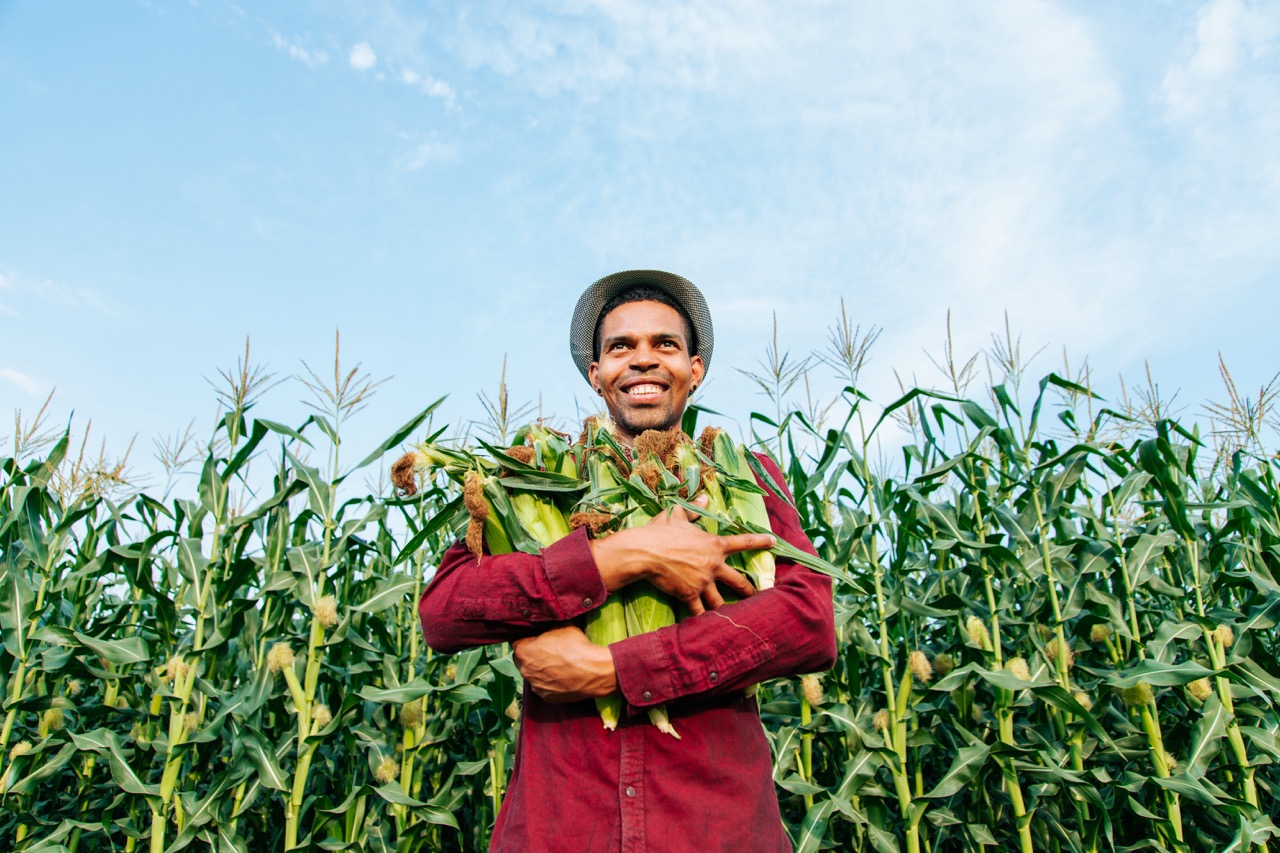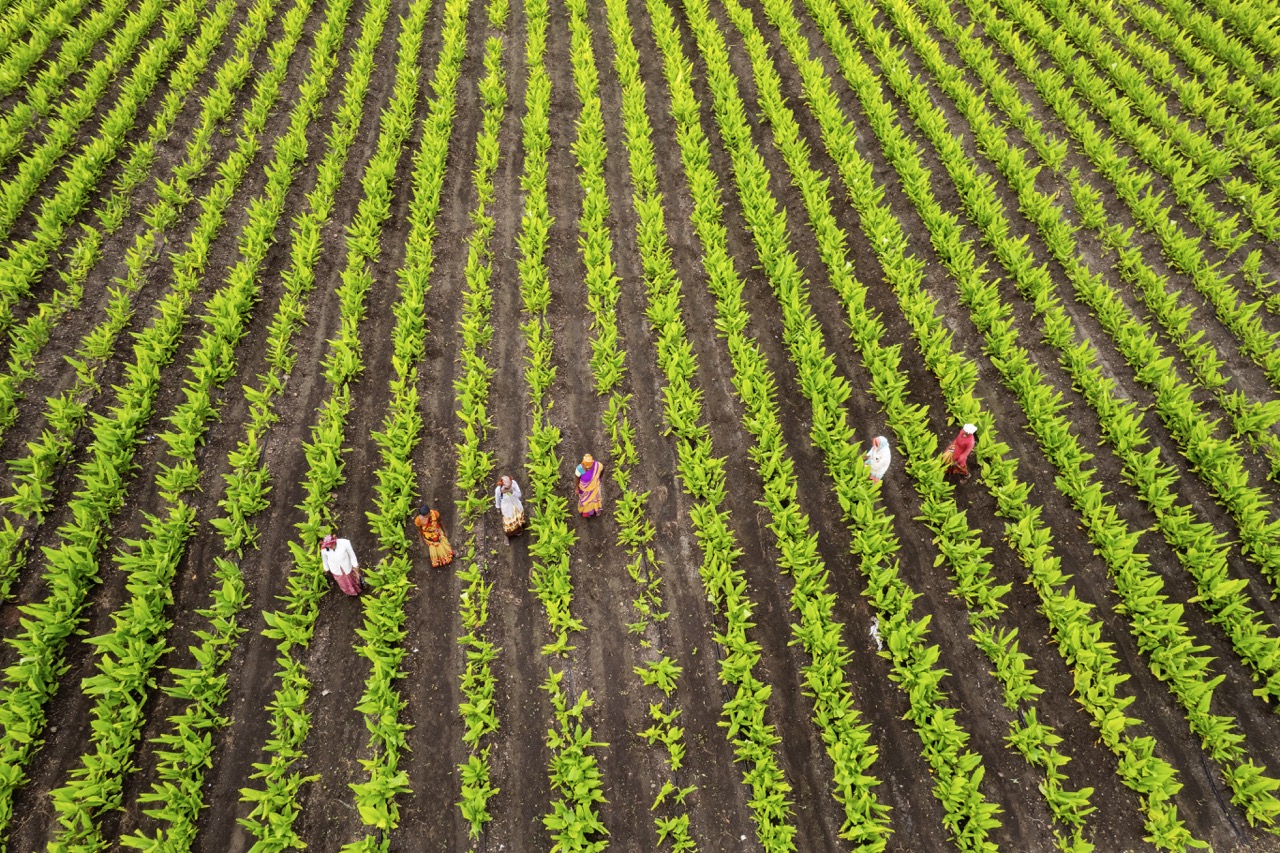In recent years, the agricultural landscape has witnessed a resurgence of interest in small-scale livestock farming. This method of farming, often characterized by limited space and fewer animals, has gained recognition for its potential to provide numerous benefits to individuals, communities, and the environment. As consumers increasingly seek sustainable and ethically produced food sources, small-scale livestock farming emerges as a viable alternative to industrial farming practices. In this article, we will explore the advantages of small-scale livestock farming, focusing on its impact on food security, environmental sustainability, and local economies.
Exploring the Advantages of Small-Scale Livestock Farming
Small-scale livestock farming offers several advantages, particularly in terms of accessibility and community engagement. Unlike large-scale operations that often require substantial capital investment, small-scale farms can be initiated with relatively low financial barriers. This accessibility allows aspiring farmers, including marginalized groups and urban dwellers, to enter the agricultural sector. Additionally, small-scale farms often promote community involvement, where neighbors share resources, knowledge, and labor, fostering a sense of camaraderie and cooperation among local residents.
Moreover, small-scale livestock farming typically emphasizes diversified livestock production, which can lead to a more resilient agricultural system. By raising various animals, farmers are better equipped to withstand market fluctuations and environmental challenges. Diversity in livestock types also supports a broader range of nutritional options for local consumers, enhancing dietary diversity and health. Furthermore, the intimate scale of these operations allows farmers to adopt animal husbandry practices that prioritize animal welfare and ethical treatment, which are increasingly important to today’s conscientious consumers.
Lastly, small-scale farms can often adapt more readily to changing market demands and consumer preferences. With lower overhead costs and greater flexibility, these farms can experiment with niche products, such as heritage breeds, organic eggs, or specialty dairy products. This adaptability not only strengthens local food systems but also enhances the farmers’ ability to connect with consumers who value sustainable and locally sourced food. The combination of accessibility, diversity, and adaptability positions small-scale livestock farming as a key player in the agricultural sector.
Enhancing Food Security Through Localized Animal Husbandry
Localized animal husbandry plays a crucial role in enhancing food security by providing communities with reliable access to fresh protein sources. Small-scale livestock farms contribute directly to local food systems by reducing dependency on long supply chains that often compromise the freshness and nutritional quality of food. This localized approach not only ensures that communities have access to food produced in their own backyards but also fosters a greater understanding of food sources and agricultural practices among residents.
Furthermore, small-scale livestock farming allows for the development of community-supported agriculture (CSA) models, which create partnerships between local farmers and consumers. Through these initiatives, consumers invest in local farms, providing farmers with the resources needed for production while gaining assurance of fresh, seasonal, and sustainably raised meat, dairy, or eggs. Such models enhance food sovereignty, allowing communities to take control over their food sources and cultivate resilience against global market fluctuations and crises.
Additionally, small-scale farms can be instrumental in food education and nutritional awareness. By engaging with local schools, community groups, and health organizations, these farms can promote the benefits of consuming locally raised livestock products. This grassroots approach not only helps to alleviate food insecurity but also empowers communities to make informed dietary choices, ultimately leading to healthier populations and improved public health outcomes.
Environmental Benefits: Sustainable Practices in Livestock Care
One of the significant advantages of small-scale livestock farming is its potential for implementing sustainable practices that benefit the environment. Unlike industrial farming, which often relies on monoculture and extensive chemical use, small-scale farms can adopt regenerative agricultural practices that enhance soil health and biodiversity. Techniques such as rotational grazing, integrated pest management, and organic feed sourcing contribute to a more balanced ecosystem, reducing the environmental footprint of livestock production.
Small-scale farmers often prioritize animal welfare, which translates into more humane and ethical treatment of livestock. By providing animals with adequate space, access to the outdoors, and a natural diet, small-scale farms contribute to healthier animal populations. Healthier animals require fewer antibiotics and veterinary interventions, which can mitigate the risk of antibiotic resistance and reduce the overall environmental impact associated with livestock farming.
Moreover, small-scale livestock farming promotes carbon sequestration and soil conservation through practices like agroforestry and pasture-based systems. By incorporating trees and other vegetation into livestock systems, farmers can enhance carbon storage in the soil, mitigate climate change, and support diverse habitats for wildlife. These sustainable practices not only benefit the environment but also create a more resilient agricultural system capable of adapting to the challenges posed by climate change.
Economic Impacts: Boosting Local Communities with Farming
The economic impacts of small-scale livestock farming extend beyond the farmers themselves, positively affecting local communities at large. Small-scale farms often create jobs and stimulate local economies by providing employment opportunities in animal care, processing, and distribution. These jobs tend to be more stable and less susceptible to the volatility often seen in larger agricultural enterprises. By keeping economic activities localized, communities can retain more of the financial benefits generated by agriculture.
Moreover, small-scale livestock farming can revitalize rural economies that have suffered due to the decline of larger farms and agribusinesses. As consumers prioritize local food sources, farmers can tap into burgeoning markets, such as farmers’ markets, local restaurants, and specialty food stores. This direct-to-consumer approach allows farmers to capture a larger share of the food dollar, which can lead to increased profitability and sustainable business growth.
Finally, small-scale livestock farms contribute to the preservation of traditional farming practices and cultural heritage. By maintaining local breeds and livestock varieties, small-scale farmers help safeguard agricultural biodiversity and keep traditional knowledge alive. This cultural preservation often translates into unique products that can be marketed as artisanal or heritage goods, appealing to consumers seeking authenticity and quality. The combination of economic revitalization, job creation, and cultural preservation underscores the vital role small-scale livestock farming plays in boosting local communities.
In conclusion, small-scale livestock farming presents a myriad of benefits that resonate on multiple levels—enhancing food security, promoting environmental sustainability, and stimulating local economies. As consumer awareness and demand for ethically raised, local food sources continue to grow, the significance of small-scale farms becomes increasingly evident. By embracing this model of agriculture, communities can foster resilience, improve public health, and contribute to a sustainable future. The revival of small-scale livestock farming is not just a trend; it is a crucial step towards a more equitable and sustainable food system that can nourish both people and the planet.










